Reserving judgments is a matter of infinite hope
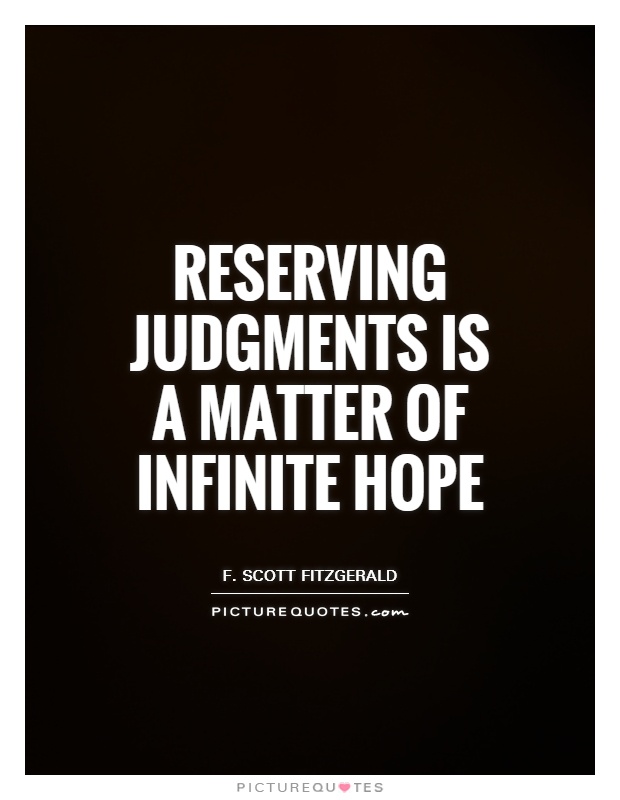
Reserving judgments is a matter of infinite hope
F. Scott Fitzgerald, the renowned American author of the classic novel "The Great Gatsby," once wrote, "Reserving judgments is a matter of infinite hope." This profound statement encapsulates a key theme that runs throughout much of Fitzgerald's work - the idea of withholding judgment and maintaining an open mind in the face of uncertainty and complexity.In "The Great Gatsby," the character of Jay Gatsby himself embodies this notion of reserving judgments. Gatsby is a mysterious and enigmatic figure, whose true motives and intentions are often shrouded in secrecy. Throughout the novel, the other characters, particularly Nick Carraway, the narrator, struggle to understand Gatsby and his seemingly extravagant lifestyle. However, Gatsby himself remains enigmatic, refusing to reveal his true self to those around him. By reserving judgments about Gatsby, Nick is able to maintain a sense of hope and optimism about the possibilities of human nature, even in the face of deception and disillusionment.
Fitzgerald's own life was marked by a similar sense of ambiguity and uncertainty. He was a man of contradictions, struggling with personal demons and insecurities while also achieving great success and acclaim as a writer. In his writing, Fitzgerald often explored themes of identity, disillusionment, and the elusive nature of the American Dream. By reserving judgments, Fitzgerald suggests that we can maintain a sense of hope and possibility in the face of life's uncertainties and complexities.
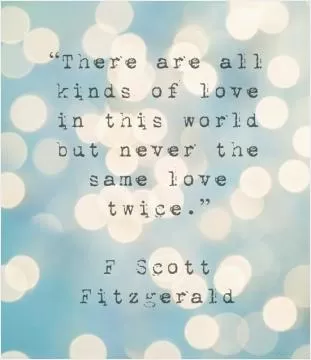

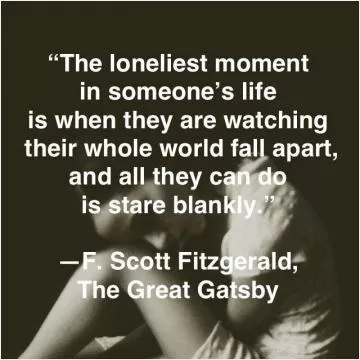
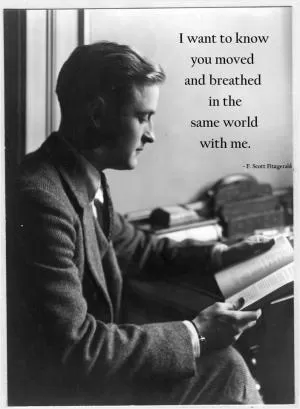

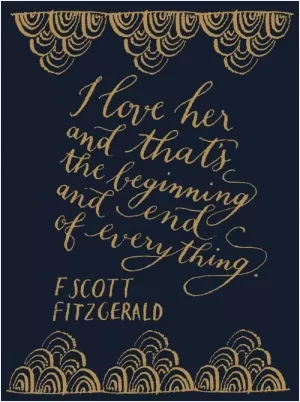


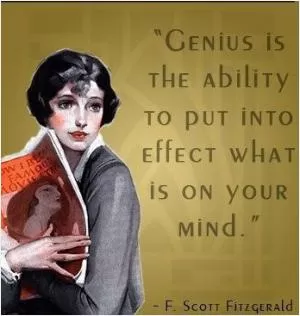



 Friendship Quotes
Friendship Quotes Love Quotes
Love Quotes Life Quotes
Life Quotes Funny Quotes
Funny Quotes Motivational Quotes
Motivational Quotes Inspirational Quotes
Inspirational Quotes